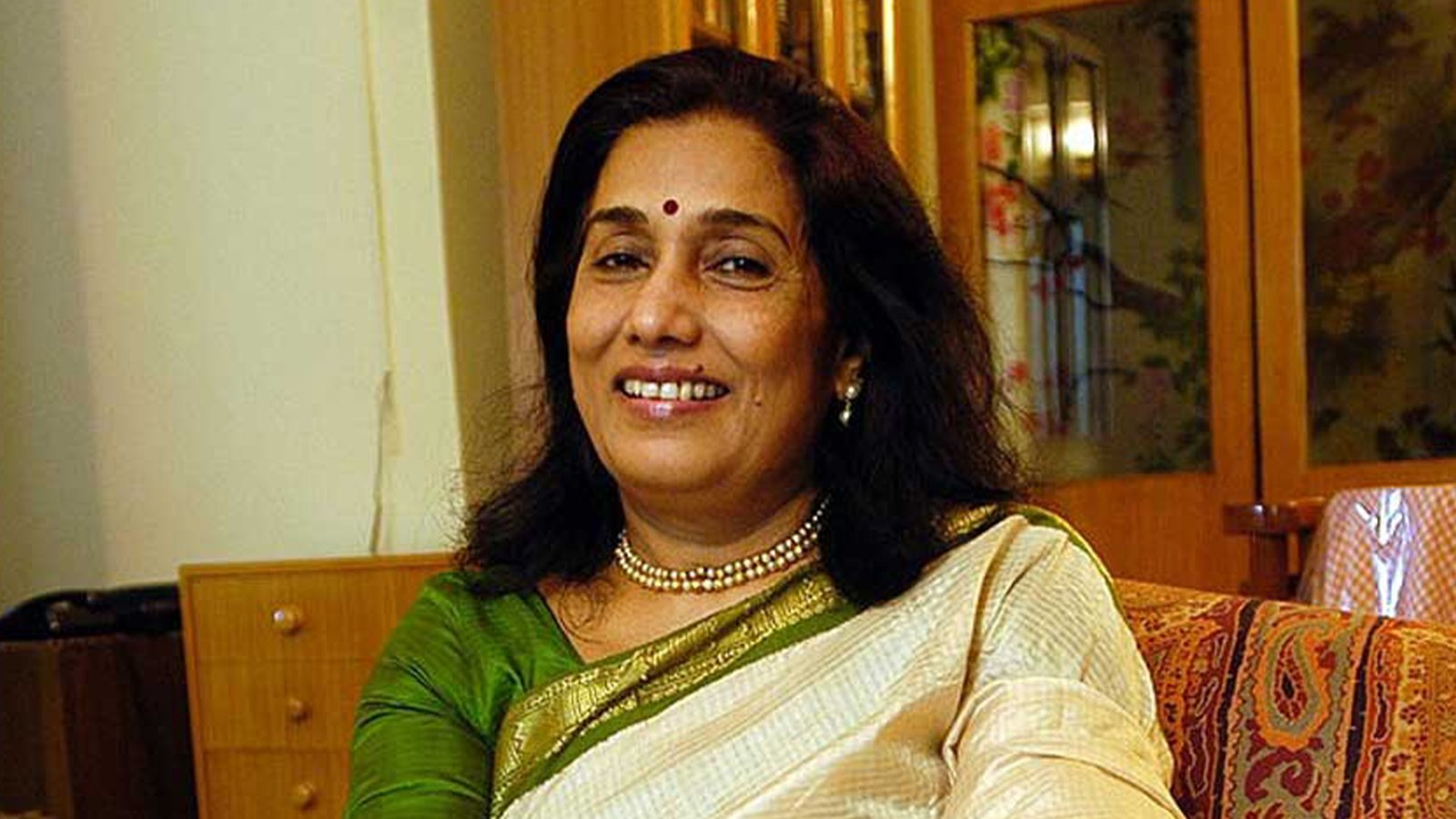Legendary singer Arati Mukherjee hails from the golden era of Bengali music, a genre that will always remain ensconced in the heart of Bengali audience. The popularity of a vast treasure-trove of evergreen numbers sung by legends like Hemanta Mukhopadhyay, Sandhya Mukhopadhyay, Manna De, Shyamal Mitra, Manabendra Mukhopadhyay, Arati Mukhopadhyay, Pratima Bandopadhyay, Satinath Mukhopadhyay, Utpala Sen, Nirmala Misra and a host of other artistes has mesmerised Bengali audience that can never extricate itself from the magical charm of that golden era of music which spanned for close to five decades from the late 1950s. When emotions well up, music continues to embalm the disturbed soul. Arati Mukhopadhyay’s mellifluous rendition always had the power to awaken that soul. Then where did she vanish? Mukherjee was born on July 18, 1943 in Dhaka. Her family had a rich cultural and musical heritage. After migrating to Kolkata, she grew up in a large joint family. She lost her father at an early age. Her mother introduced her to music early. She learned classical music from renowned gurus including Sushil Banerjee, Ustaad Mohammed Sagiruddin Khan, Pandit Chinmoy Lahiri, Pandit Laxman Prasad Jaipurwale and Pandit Ramesh Nadkarni. Sushil Banerjee coaxed her to participate in the All India Music Talent in 1955 when she was merely 14 or 15 years old. Eminent singer Dhanonjoy Bhattacharya was the chief judge in that competition and he was so impressed by Arati Mukherjee’s rendition that he asked her guru, Sushil Banerjee, whether she was interested to sing a duet with him in the Bengali film, ‘Mamlar Phol,’ based on a novel by Sarat Chandra Chattopadhyay. Mukherjee could sing any song– from Thumri, to Bhajan, Tappa, Tarana and Ghazal. She performed extensively in India and throughout the world. But her long career was often sabotaged by many of her senior and contemporaries who felt threatened by her vast repertoire and swelling popularity. Mukherjee herself was reluctant to talk about the incidents, petty politics, but it did affect her tremendously. She once said: “I was struggling in Mumbai then. You know, I still don't know exactly who mixed what in which food. Suddenly one day I started feeling very uncomfortable. My feet swelled up like two huge pillars and I couldn’t move in sheer pain. I went to the doctor. The doctor immediately washed my stomach and got rid of that weird substance and he said that someone had mixed poison in my food. The pain in my legs started then and continues to trouble me to this day. I can't even sit and practice continuously.”Her journey in the Hindi film world soared with the film, Geet Gata Chal. She received the Filmfare Award for the R.D Burman composition in the film, Masoom. Tapan Sinha composed the song “Chhoti si panchi” for ‘Sagina Mahato’ that was rendered by Mukherjee. After five years, she tied the knot for the second time to a groom from a Gujarati Munim family. She sent her son Soham to Aurobindo Ashram at Pondicherry. Despite her talent, she was often very disturbed by the rising She now lives with her son Soham in a flat in Mumbai. Soham has already made a name for himself as a talented musician who plays different instruments including the sitar, flute and piano with equal deftness. Aarti Mukherjee shares her passion for good music with her son and continues her ‘sadhana’ in isolation.

